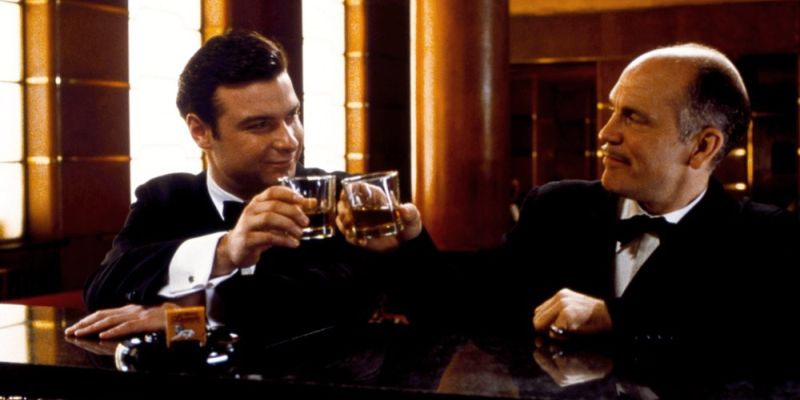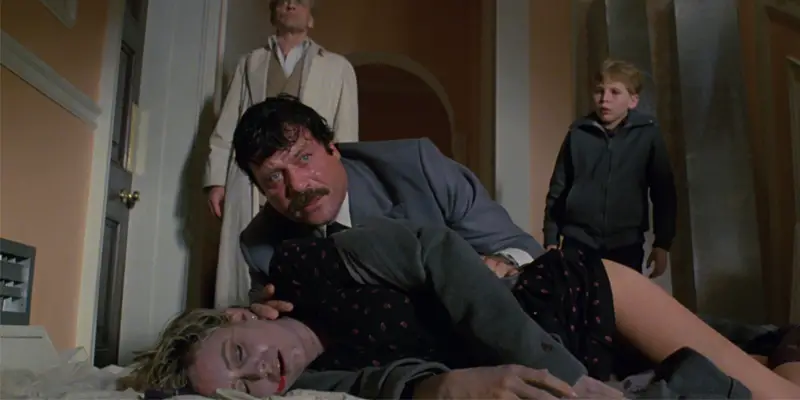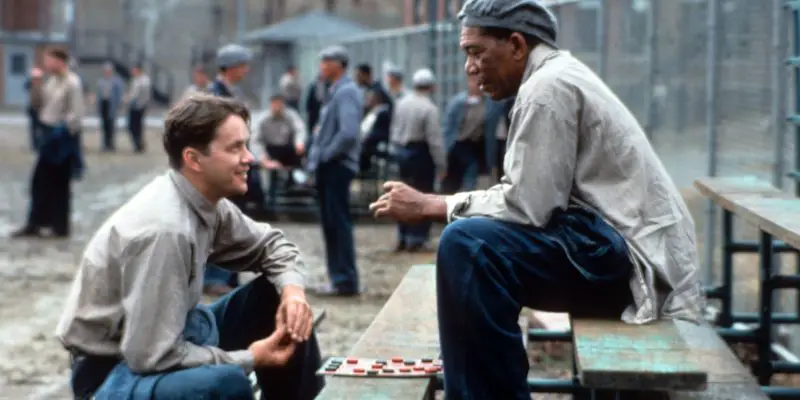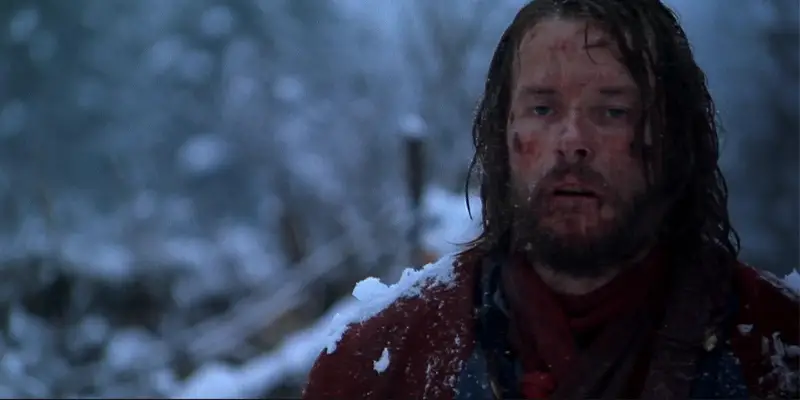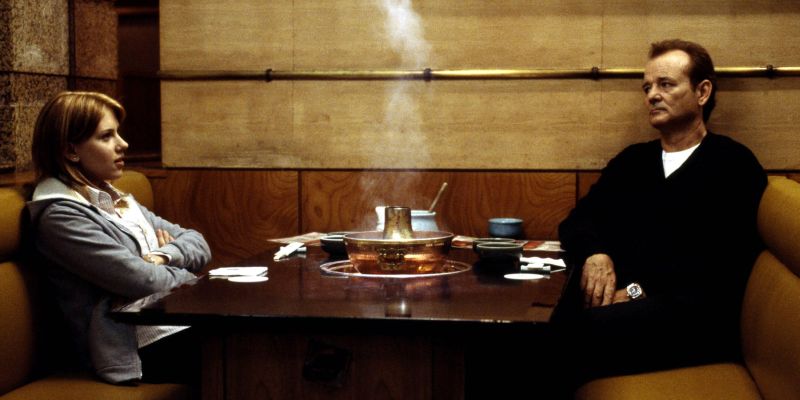Search Results for: "Halloween"
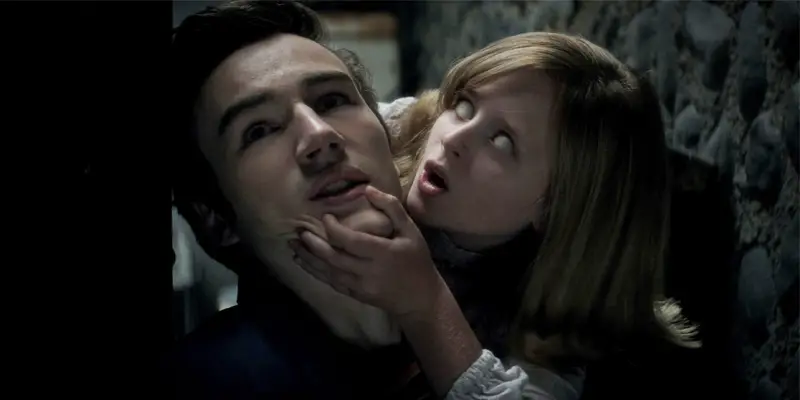
Horror is in an extremely interesting place at the moment. Thanks to the rise of video-on-demand platforms and new technology, barriers between creator and distributor are disappearing, the amount of independently-made films are rising and the availability of these films is quite accessible. The trade-off of this is the problem of quantity over quality, which has meant that, much like the exploitation era of filmmaking in the 1970’s, every new or original film that is successful is followed with a string of derivative imitators, looking to cash in on genre recognition or fans looking to branch out on that particular subject matter.

Anthology films are generally regarded as being uneven, and even ones that are respected are sometimes not perfect through every single segment. I wanted to explore anthology films by looking at some with mostly negative reviews, hoping to find something great hidden within. Some of the films I watched in preparation were bad, with no moments of relief to help make it through their running times, while others were enjoyable with slight problems.
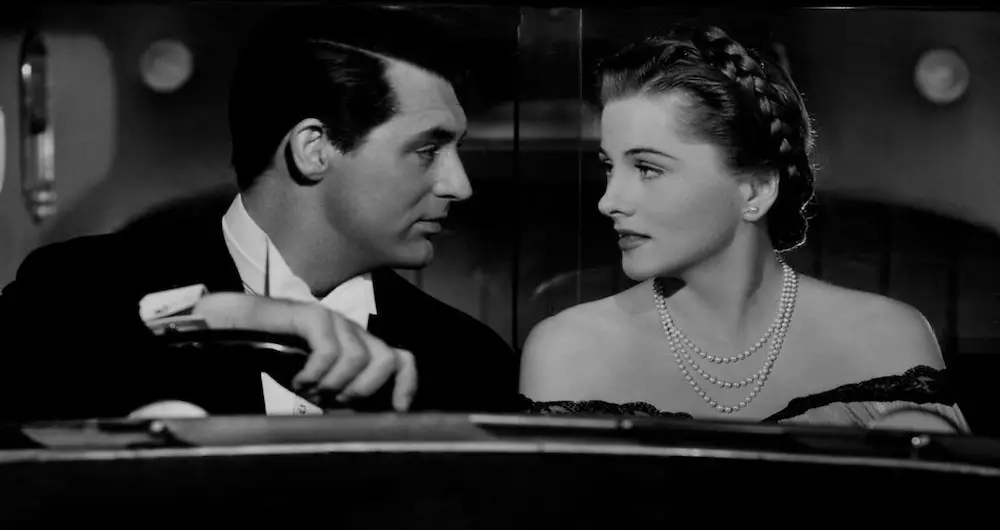
Every year, ten movies are bestowed the honor of becoming nominated by the Academy of Motion Arts and Sciences. Many of these films will have already had various successes throughout the year; good festival attendance, box office success and the receiving of other prestigious awards. Yet, only one of the ten films ends the night being declared the best of the best.

In the world of movies, you should never go home. It rarely goes well, and even if you do attain some measure of pathos, it comes at great cost. Jack doesn’t have much choice in Jack Goes Home; you have to attend your father’s funeral, but if your mother is horror fixture Lin Shaye, you should really know better.

Hundreds of thousands of moviegoers, press, and industry players descend on Canada every year for the Toronto International Film Festival. Eleven days of red carpets, screenings, junkets, and presentations cause a gluttonous amount of content to stream out of the city, covering everything from awards season contenders to fashion faux pas. It’s difficult to imagine anything getting missed by the avalanche, but those who attend know just how immense the festival is.
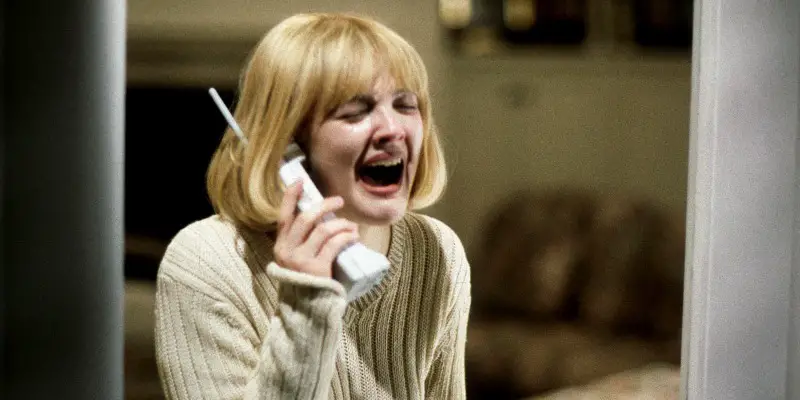
It may be fair to first point out that the question of this article has always been a conflicting issue that continuously floats around in the film industry. People often perceive the growing medium of cinema as a device for entertainment or as a brief, escapist distraction from society’s painful realities. This experience has impacted on how people think and behave within society, and Hollywood continue to question the extent to which films influence reality.
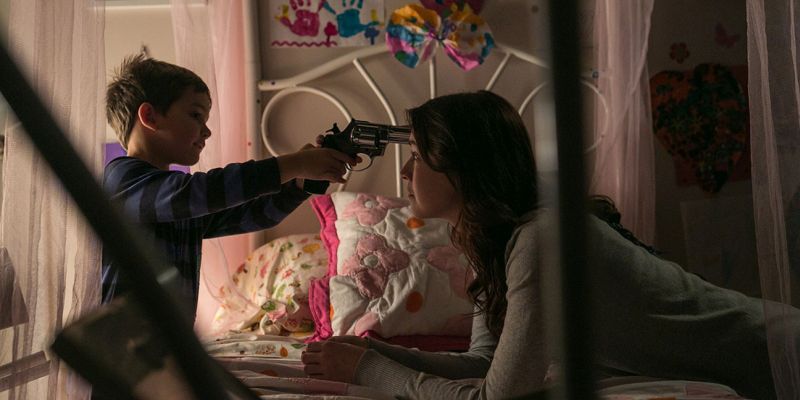
Michael Thelin’s directorial feature debut is perhaps most effective in its earliest stages. When we are first introduced to a sleepy suburban neighbourhood, it is already clear that something is amiss. When we witness the kidnapping of a young woman on her way to babysit, we begin to get some idea of what is in store.

William Shakespeare, Arthur Miller, Oscar Wilde, Samuel Beckett and Harold Pinter; when it comes to playwrights who have had their work go from stage to silver screen, the list sees no end. Whilst everyone cannot resist a new portrayal of a timeless piece of literature incorporated with modern twists and/or special effects, audiences are constantly being introduced to plays through the expression of cinema. While this is a positive notion, it does however highlight the contrary:
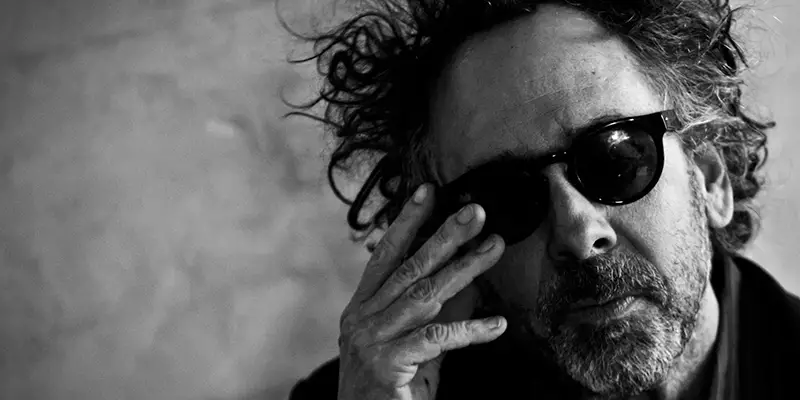
There are a number of directors that have distinguished their own unique imagination into Hollywood and reflected it on the big screen. Directors who are considered ‘auteurs’ have the creative ability to make feature films that are based on their own imagination, are part of their personalities, or which they find as a genuine interest. One such example is Tim Burton, the eccentric filmmaker who broke through as an animator and storyboard artist in the 1970s to progressively becoming one of cinema’s most recognised directors.
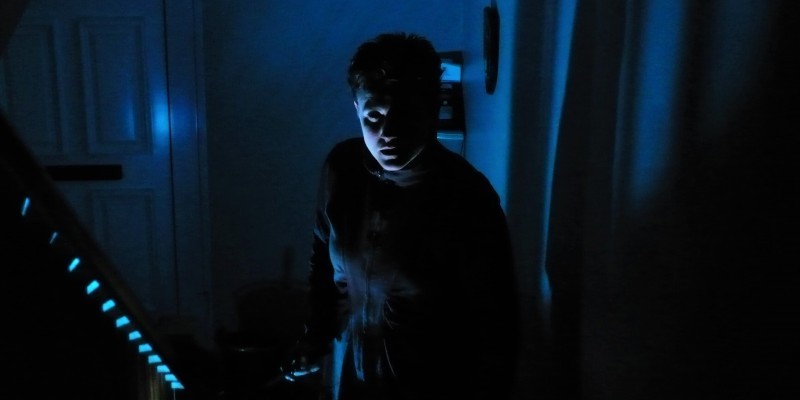
Sometimes watching a movie can feel like a duty. Maybe that’s because I take movies too seriously sometimes (okay, maybe all the time). But explaining why a movie fails is fraught with questions about my own expectations of a movie as they relate to the quagmire of unknowns about the creators’ intentions, let alone the practical budgetary constraints and other contingent aspects of an independent or studio production.


